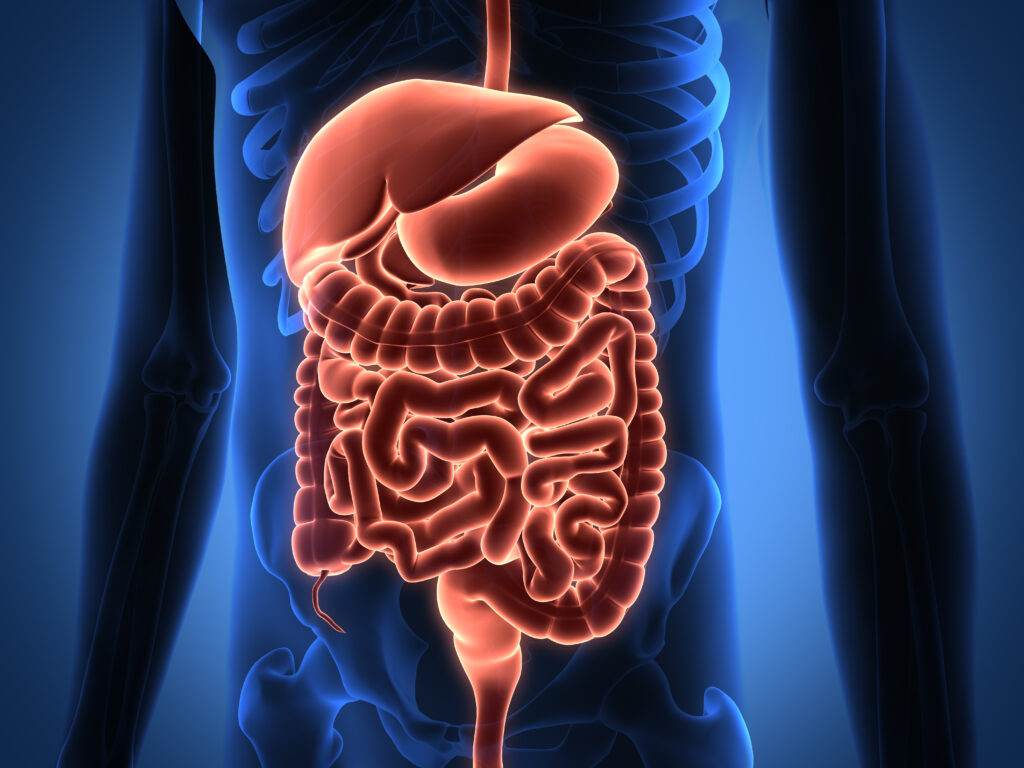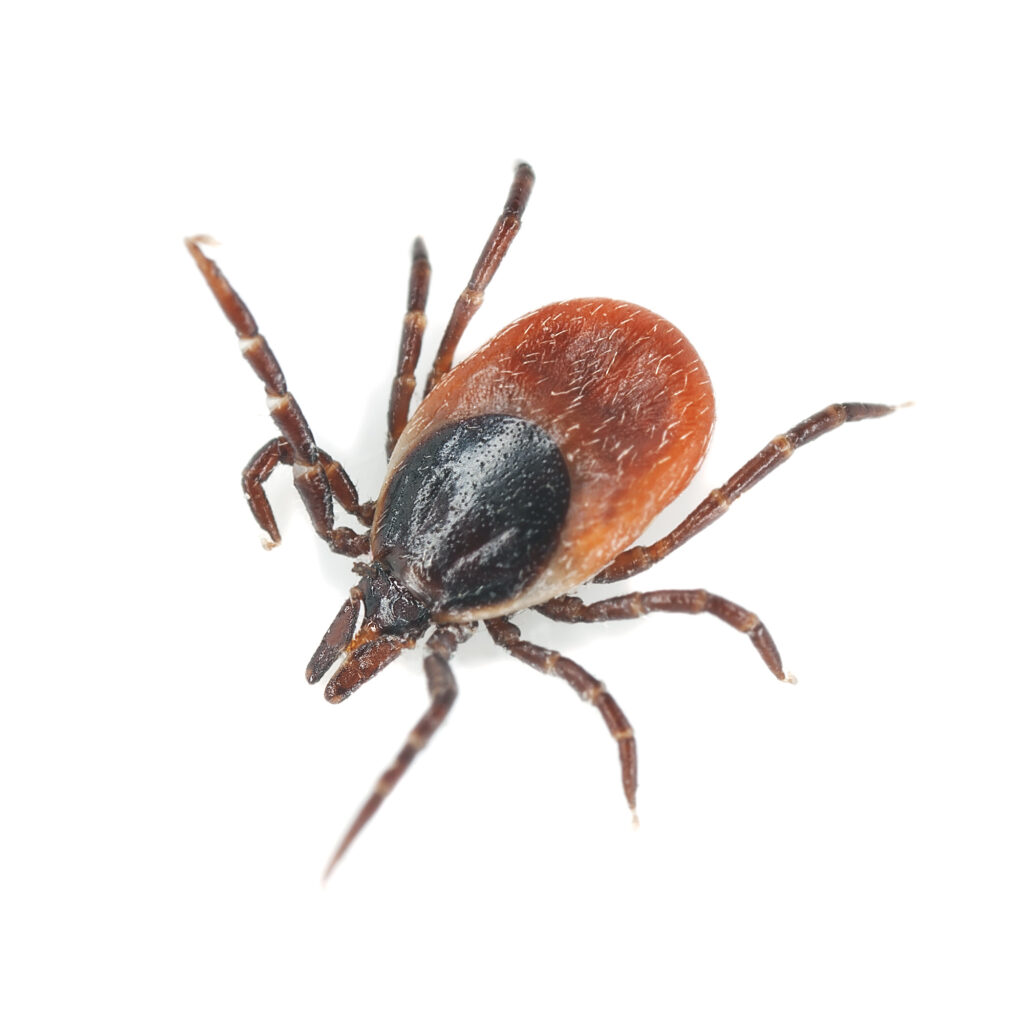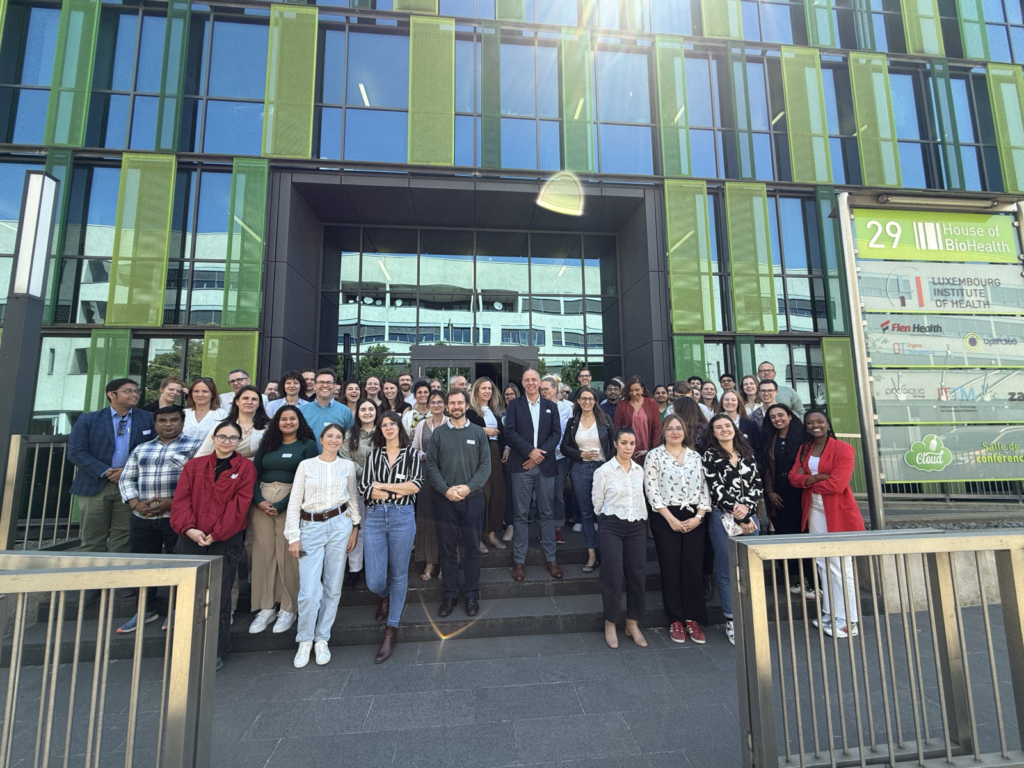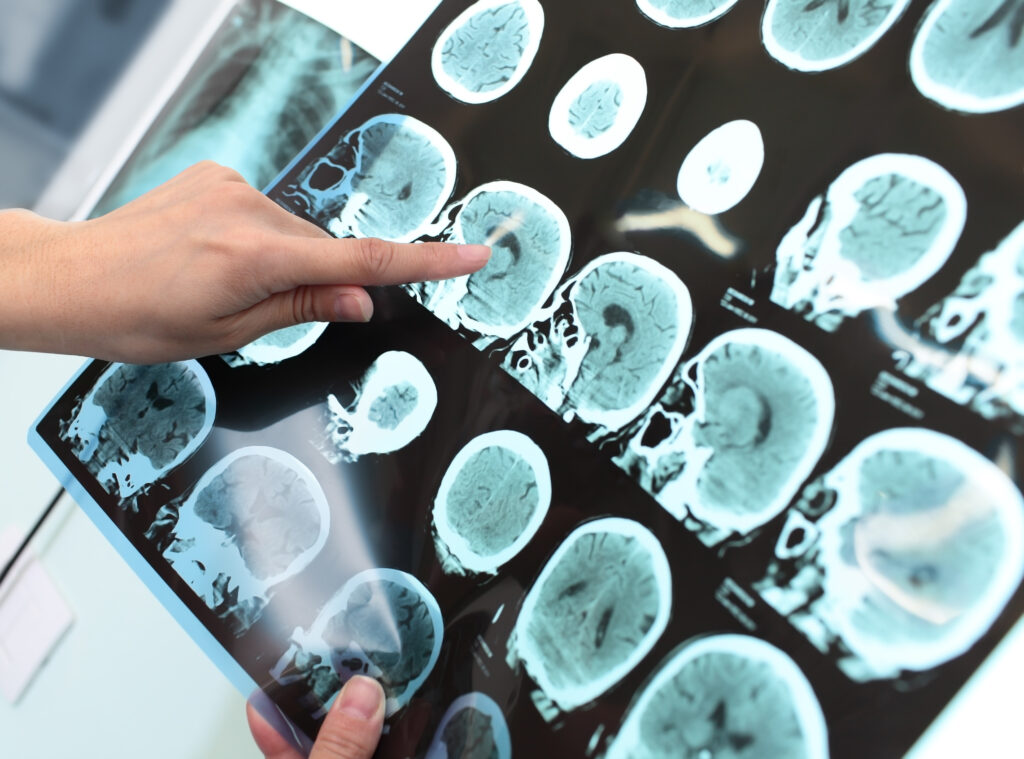A Surprising Connection between Immune Balance, Ageing and a Parkinson’s Disease Gene
Researchers look to address disharmony amongst specific regulatory cells in an ageing immune system

LIH experts and collaborators have begun to unravel the complex links between a key Parkinson’s disease protein and the functionality of specialised immune cells (T cells) with regulatory suppressive functions during ageing. The findings may provide a new target for therapies looking to restore balance in a dysregulated immune system in many non-communicable ageing-related diseases.
The human body is a finely tuned machine; a fabulously complex balancing act of mechanisms that begin at the cellular level and keep us functioning despite changes in the world around us. Our bodies are so good at maintaining these equilibria that we only tend to notice them when part of the system becomes faulty. The tricky part then is how to identify the problem amongst the intricate background of constantly active, multifunctional components.
In their most recent study, a collaboration of researchers led by Dr Feng Hefeng at the Luxembourg Institute of Health’s (LIH) in the Department of Infection and Immunity, has sought to delve deep into the dysfunctions thought to cause Parkinson’s Disease (PD).
On this occasion, the team were interested in the possible mechanistic links between a particular protein (DJ-1), and the regulation of an essential metabolic enzyme in immune cells. The enzyme concerned is crucial to the cellular energy supply. While it was already known that DJ-1 loss-of-function mutations lead to early onset PD with 100% penetration, there had been no clear links between DJ-1 deficiency and activity of the mitochondria and the related metabolic functions in immune cells.
Compelling evidence shows that mitochondrial dysfunction contributes to several major neurological diseases including Parkinson’s disease, therefore this presented an opportunity to explore potential new avenues towards novel therapeutic options.
Dr Feng Hefeng
As part of the study, the team used mice models to investigate the effect of removing DJ-1 on the enzyme fundamental to mitochondria and their energetic functionality especially in specialised CD4 regulatory immune cells (Treg cells). Among their findings they were able to show that without DJ-1 a lower cell count of Treg cells only appeared in older but not younger mice.
“Notably, our ageing-dependent observations in mice are consistent with the notion that patients with DJ-1 loss-of-function mutations develop PD only in their thirties but not during childhood. Although a person at that age is not considered old, the age factor obviously contributes to disease onset mediated by DJ-1 deficiency” explain the study’s leading co-first authors Dr Egle Danileviciute and Dr. Ni Zeng from the LIH’s Department of Infection and Immunity.
Overall, it appears that DJ-1 acts as a pacemaker to regulate the functionality of a key metabolic enzyme in these important immune cells. Importantly, the physiological dysregulation became only evident in older mice with DJ-1 deficiency. “As the dysregulation of these immune cells has been shown to occur in many complex diseases including cancer, it may be that targeting this link to re-establish the delicate balance could provide exciting new therapeutic options for more than just Parkinson’s disease” summarises Dr Hefeng.
The study was just published on 26 May 2022 in Nature Metabolism under the full title “PARK7/DJ-1 promotes pyruvate dehydrogenase activity and maintains Treg homeostasis during ageing” (https://www.nature.com/articles/s42255-022-00576-y).
FUNDING & COLLABORATIONS
The ongoing research efforts are jointly coordinated by the LIH, the Luxembourg Centre for Systems Biomedicine (LCSB) of the University of Luxembourg, the Centre Hospitalier de Luxembourg (CHL), the Institute for Systems Biology, Seattle and Helmholtz Zentrum München. The study was supported by funding from the Fonds National de la Recherche (FNR) and the Ministry of Higher Education and Research (MESR), Luxembourg.







